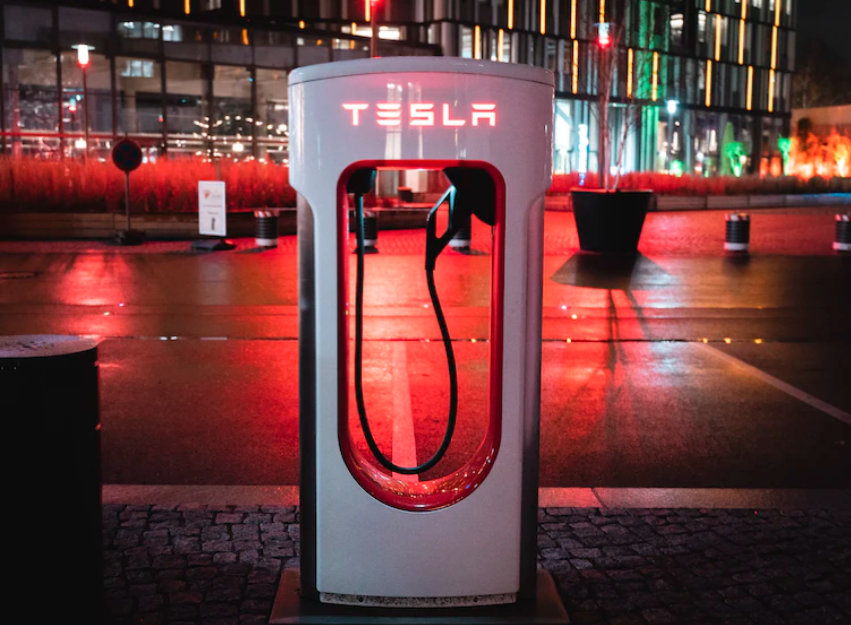Elon Musk wants to build electric vehicles in Mexico, the only question is where. Starting in the Fall of 2022, Musk visited several locations, which raised speculations about a new North American gigafactory just south of the border with the US. To date, discussions have centered on a handful of places.
An early contender was the northern state of Nuevo León, where the municipalities of Apodaca and Pesquería emerged as options. Santa Catarina’s proximity to Tesla’s global headquarters in Austin, Texas — about 230 miles separate them – offers solid logistical advantages, as well. More recent conversations have identified an area just outside of Mexico City as another potential location.
Three forces – costs, tax credits, and competition – send Tesla to Mexico. First, US automakers (and their counterparts in other countries) increasingly look south of the border as a way of controlling costs, and Musk has publicly committed to cutting costs for Tesla. Second, the Inflation Reduction Act (IRA) allows electric cars manufactured in Mexico to qualify for US tax credits, as long as certain battery content requirements are met.
It’s really the competition that forces Tesla’s hand, however. The other major automotive giants — Ford, Toyota, BMW, Volkswagen, Nissan – already operate plants in Mexico. But for Tesla, the newest entrants to Mexican automaking represent the biggest threat.
Last November, Chinese EV manufacturer BYD, Tesla’s main global competitor, announced it would set up shop in Mexico. BYD indicated it intended to produce 10,000 vehicles in 2023, with additional growth expected in 2024. Although none of these vehicles are destined to reach the US market, the Chinese automaker’s presence in Mexico allows it to establish a footprint in North America.
When Tesla does decide on a Mexican manufacturing location, it will initially focus on producing vehicle parts, before moving on to determining if it makes sense to produce more economic versions of its electric cars. Once the production of these vehicles starts, most will be exported (about 87% of all light vehicles manufactured in Mexico are exported, according to AMIA).
All of the shifts among global automakers working in Mexico impact the thousands of suppliers that support them. Borderland Partners will continue to track the activities of these mega factories and share with our clients the developments that bring the most opportunities.
